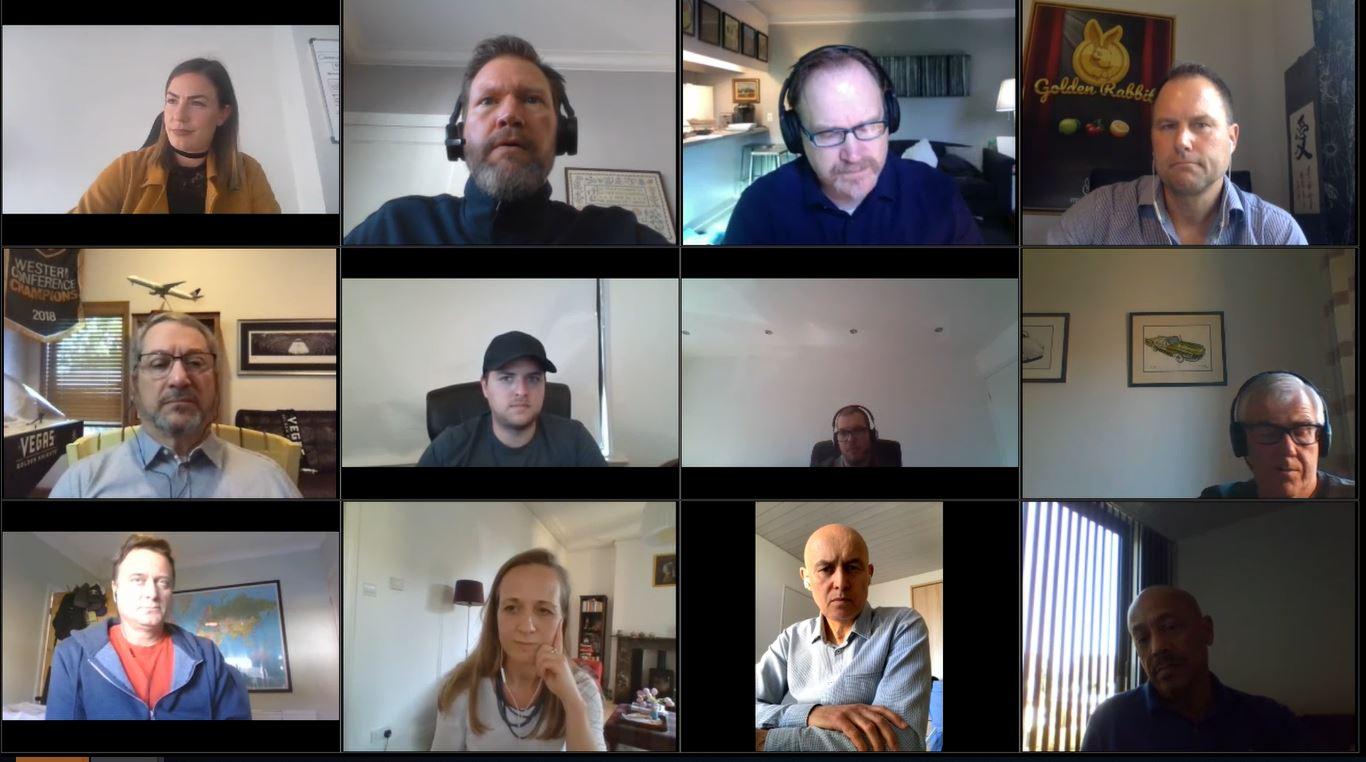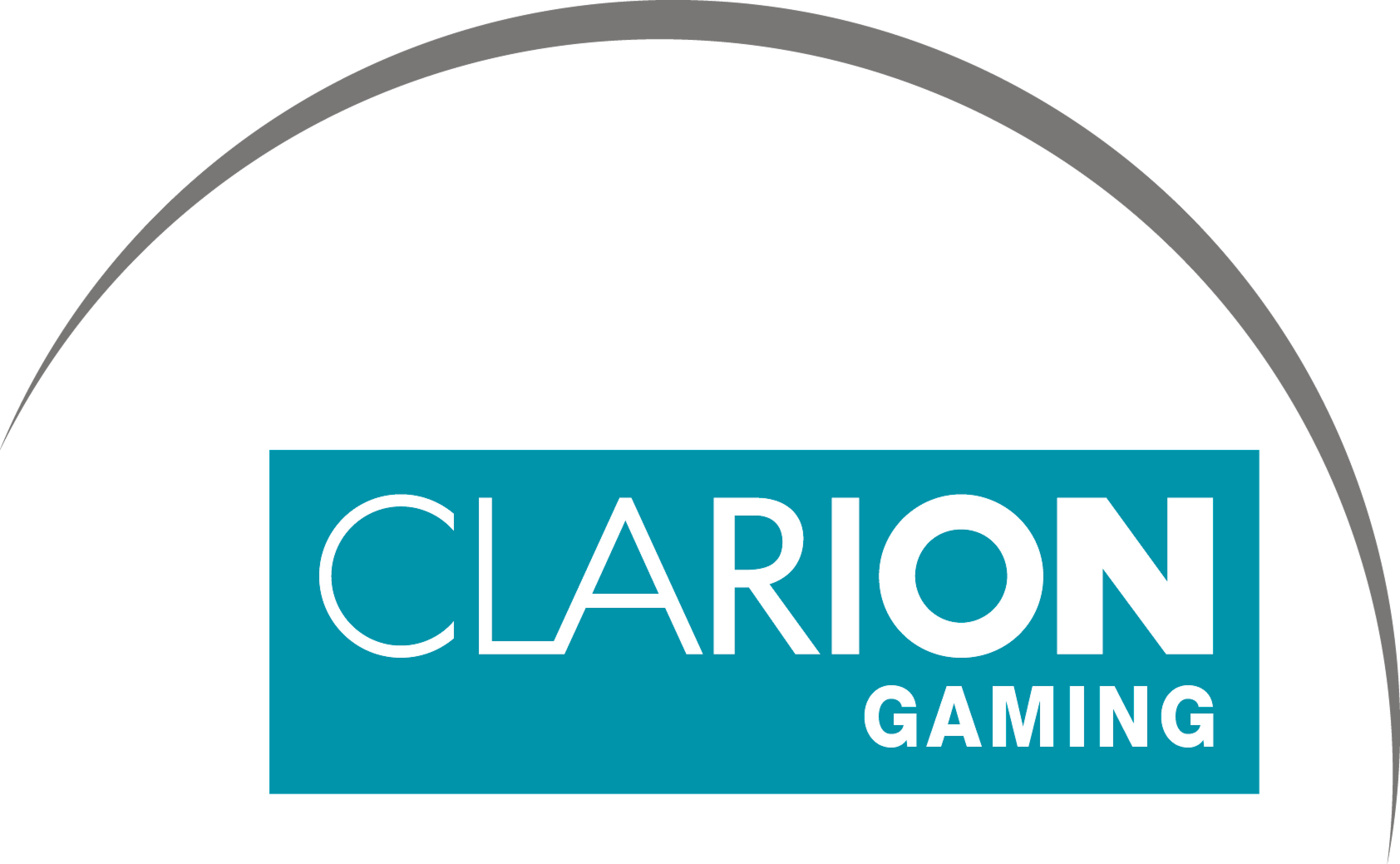22 Apr 2020
Notes from the Virtual Ampersand Assembly on Industry Reputation in the times of pandemic
The first ever Virtual Ampersand Assembly on Industry Reputation and Public Perception took place on 15 April with 12 participants discussing how the industry should act and position itself during the times of the pandemic.
 |
12 participants from both Europe and the United States contributed to over an hour long virtual conversation. Below are the main highlights of the discussion:
- Now is the time, more than ever, to take control of the narrative and step up our efforts for safer gambling. The industry globally, in a different way in various markets, has trailed behind the subject of responsibility and, for the larger part, just complied. Now is the time to be truly transparent about our responsibilities towards the customer safety and Responsible Gambling should be a part of it. As regulatory restrictions increase in both newly regulating and regulated markets (Germany’s 1000EUR stake loss limit per month per player across all operators; 5 second rule for spins, tough marketing restrictions; Spain’s marketing ban; Sweden’s marketing restrictions etc.), this is more needed than ever and there is no return to the ‘old times’ – the industry needs to go beyond the rhetoric.
- Customer needs have changed and are changing during the pandemic – as brands we need to be sensitive to those changes to make the transition comfortable for our customers, without making them feel in any way undervalued.
- It’s a good time to improve relationships with the customers by showing generosity and understanding and thus extending customer loyalty (e.g. any loyalty perks with a time limit)
- Branding customer safety initiatives that would allow for the brands’ transparency on how they’re engaging with customers in these difficult time to give them comfort to continue that engagement
- Need to extend the definition of ‘responsible’ beyond just Responsible Gaming to a Responsible Business
- Communication challenges: Difficulty in communicating the entertainment value of the gambling product during these difficult times, but also of any charitable and philanthropic efforts (risk of being accused to exploit the current situation for marketing purposes). While the land-based sector shut down in the US, as in most of the world, online gaming and horse racing surged with soaring demands from players – how to communicate with those customers for whom this is actually a much desired form of entertainment so as not to be accused of taking advantage of the situation – fine line to walk.
- Can we instead try to present ourselves as members of community and support various efforts like that instead of closing ourselves off in corporate walls?
- Betting and Gaming Council has proposed 10 pledges for marketing during the Covid-19 pandemic (including restricting advertising volumes, new account volumes, safe gambling messaging in emails, texts and pop-ups), but the association is pushing for increased standards regardless of the pandemic. All of these measures are being monitored.
- Affordability is key. Insurance and banking sectors are already assessing customers based on the risk that they pose – the gambling sector needs to be able to do the same instead of applying blanket limits. BGC is conducting affordability trials with their members. The success metrics are focused around responsible gambling and ability to reduce problem gambling in the first place, but as the secondary focus, it’s also about any extra measures fostering greater sustainability of the wider player base.
- Operators have loads of customer data that needs to be used to a larger extent to research the effectiveness of safer gambling measures. The research so far has been done mainly with general public rather than operators’ data – only research based on operators’ data can give us true insight into the level of problem gambling.

